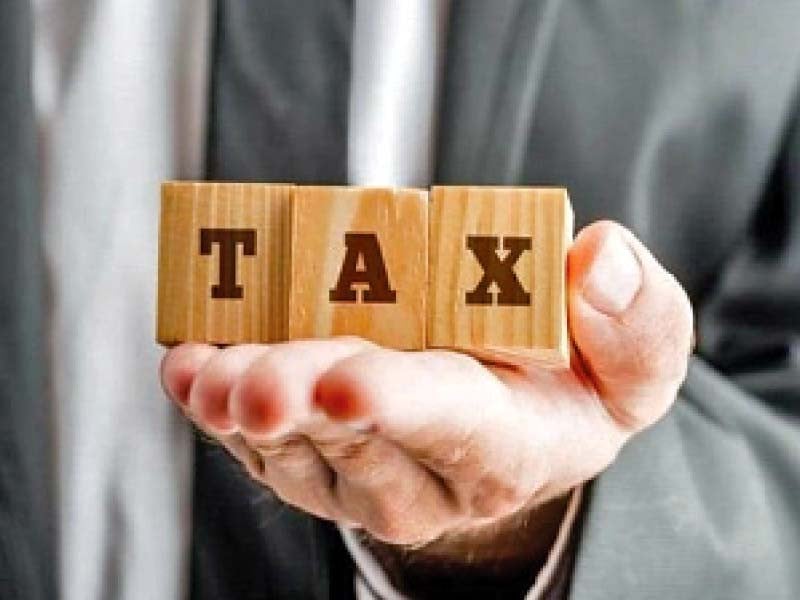LAHORE – Tax evasion and illicit trade are causing Pakistan to lose over one trillion rupees annually.
According to an international research report, the real estate sector alone contributes to an annual tax evasion of Rs 500 billion, with the tobacco sector adding Rs 240 billion in tax losses.
The tyres and lubricants sector records Rs 106 billion in tax evasion, while the pharmaceutical industry experiences annual losses of Rs 65 billion. The tea sector also suffers a yearly tax loss of Rs 45 billion.
“The nation incurs substantial losses, exceeding Rs 1 trillion, due to tax evasion and illicit trade in five key sectors: real estate, tobacco, pharmaceuticals, tyres and lubricants, and tea,” said Fawad Khan, Spokesperson for Mustehkam Pakistan, an advocacy firm that curbs illicit trade and tax evasion in the country to safeguard the interests of marginalized and low-income communities.
He urged that this significant amount must be collected without fail. These tax leaks, combined with illicit trade and flawed policies, along with inadequate enforcement, have plunged Pakistan into a dire economic situation.
Moreover, he said that the World Bank (WB) also deemed Pakistan’s tax collection insufficient to meet its financial necessities. The WB report states that progressive countries should maintain a tax-to-GDP ratio of at least 15%, whereas Pakistan currently stands at only 11.6%.
The spokesperson stressed that increasing the tax-to-GDP ratio, fiscal tax collection, and curbing illicit trade in major sectors are the need of the hour. This helps meet tax targets aligned with the International Monetary Fund (IMF) and facilitates the allocation of funds to human development projects. Pakistan’s Human Development Index (HDI) ranking has significantly declined recently, dropping to the 161st position from 154th in 2020.
He concluded that the government needs to take decisive action to curb illicit trade and tax evasion for the betterment of the country. This is imperative for sustaining economic stability, meeting international standards, and channelling resources towards crucial human development initiatives.










